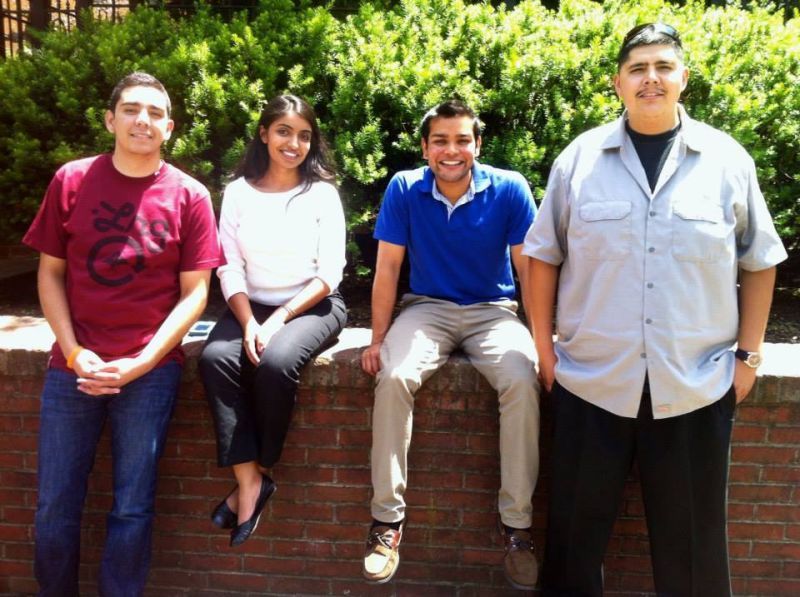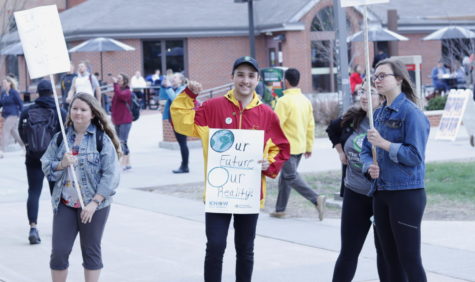Lend for America gives microfinance initiative training
Lend for America, a program for college students to start microfinance initiatives in the community outside their university, holds a fellowship every year.
March 27, 2014
As the semester draws to a close, college students look for a productive way to occupy their time and make money during the summer.
Although getting a summer job can be a great way for students to make money, there are alternative opportunities for that may be more beneficial to developing valuable skills while still making money.
Lend for America, a program for college students to start microfinance initiatives in the community outside their university, holds a fellowship every year.
The Fellowship is a paid, summer opportunity for students interested in developing local small businesses.
Through this program, selected students have three opportunities. Vanessa Carter, executive director of Lend for America, said the program kicks off with training course.
“First we bring in experts in micro finance from partner organizations to give fellows some context on the industry,” Carter said about the program.
Carter added that this three-day classroom-based course is also meant to help fellows develop a broader idea of what campus-based micro finance programs look like, and show them what they can accomplish as fellows.
Next, fellows are sent off to their host sites.
“Basically,” Carter said, “fellows go and spend eight weeks working full time with an existing micro finance organization: The Intersect Fund, the Capital Good Fund or the Community Empowerment Fund.”
Lend for America places fellows at one of these three existing micro finance organizations because students founded them. Carter said fellows are then able to learn from and build a relationship with an executive director that started a campus initiative when they were a student.
Lastly, fellows return from working full-time all summer on the outline of the campus microfinance initiative they want to start with the skills and confidence to actually launch their campus initiative.
“Lend for America strongly supports students who are starting campus initiatives in a variety of different ways,” Carter said.
Charity Yoro, program associate at Lend for America, said the main way Lend for America provides training, support and funding for students is through the fellowship.
Yoro added that aside from the substantial experience, leadership skills and valuable networking opportunities that the fellowship provides, fellows also receive a $2,500 stipend and paid travel expenses to their host site.
Lend for America, founded in 2009, has been holding the fellowship for three years. Carter said they accept applicants who they truly believe will be successful because starting a campus microfinance initiative can be extremely difficult.
In terms of success, Carter said the fellowship has seen incredible achievement from students who have actually founded their own microfinance initiative. The first year, five of the same fellows went on to launch their own campus initiative.
Fund 17 at Tulane University and JIFFI at Notre Dame are examples of microfinance initiatives that students have created.
Andy Rushenberg, sophomore in pre-business, said that helping people is the main reason why he chose to pursue a major in business, and believes this opportunity can help students do just that.
“Through something like this, students like myself who are passionate about making a difference would develop the skills needed do so, while making connections along the way,” Rushenberg said.

















